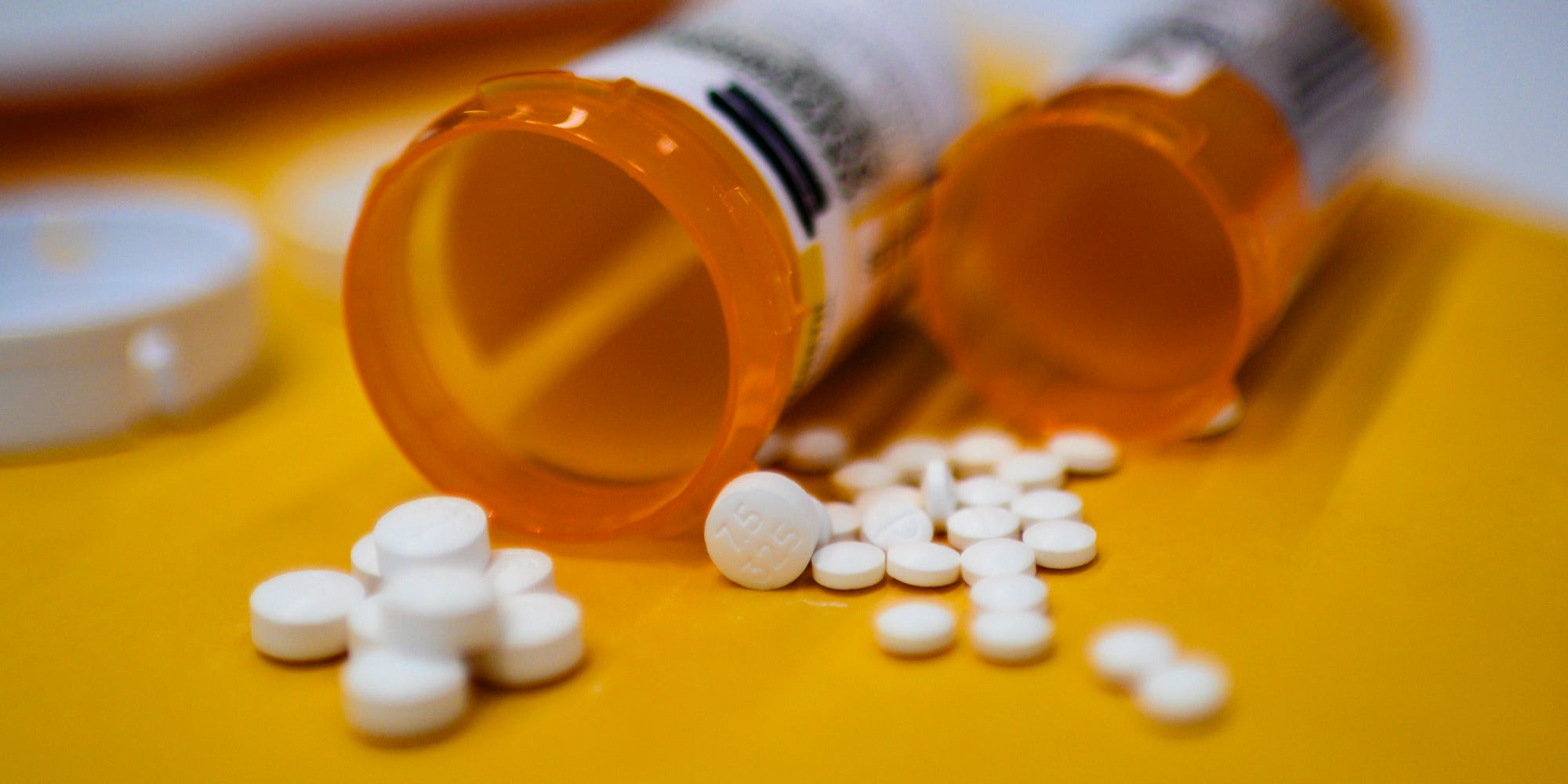
Eric Baradat/AFP via Getty Images
- Opioid overdoses have surged throughout the pandemic, reaching a record last year.
- The rise significantly impacted communities already vulnerable to the pandemic.
- Latino and Black communities across the US are recording higher rises in overdose deaths.
- See more stories on Insider's business page.
Opioid overdoses are surging, and those being hit the most are communities already vulnerable to the pandemic.
Overdose fatalities hit a record high of more than 81,000 deaths during the 12-month period ending May 2020, the Centers for Disease Control and Prevention reported.
However, as the pandemic goes on, Black and Latino communities across the US are feeling the brunt of it.
NBC News reported that Latinos who have been already disproportionately impacted by COVID-19 are having a higher overdose rate in many states.
Orlando Colón, 55, who directs Casa Esperanza's residential recovery program for men, a Boston-based behavioral health facility, told NBC News that he's seeing double the usual demand during the pandemic.
"Unfortunately, we are now full. When one of the 50 beds we have is emptied, we call the next one on the list," he told the outlet, adding that those who can't get into treatment usually end up in shelters or homeless, where they most likely continue using drugs.
In Maryland, the Opioid Operational Command Center reported that from January to September 2020, opioid deaths increased by 27.3% for Latinos compared to a rise of 16% among non-Hispanic whites.
NPR reported growing research also shows that Black communities are dealing with higher overdose rates.
A peer-reviewed study in the Journal of the American Medical Association published in January found after analyzing drug overdose data in Philadelphia, overdose deaths rose by more than 50% for Black residents while remaining relatively flat for whites.
Researchers across other states are seeing similar patterns, NPR reported.
"COVID really just acted as salt in the wounds of health and social inequities, perpetuated by structural racism both in Philadelphia and across the country," Utsha Khatri, a researcher on the Philadelphia study. told NPR.
